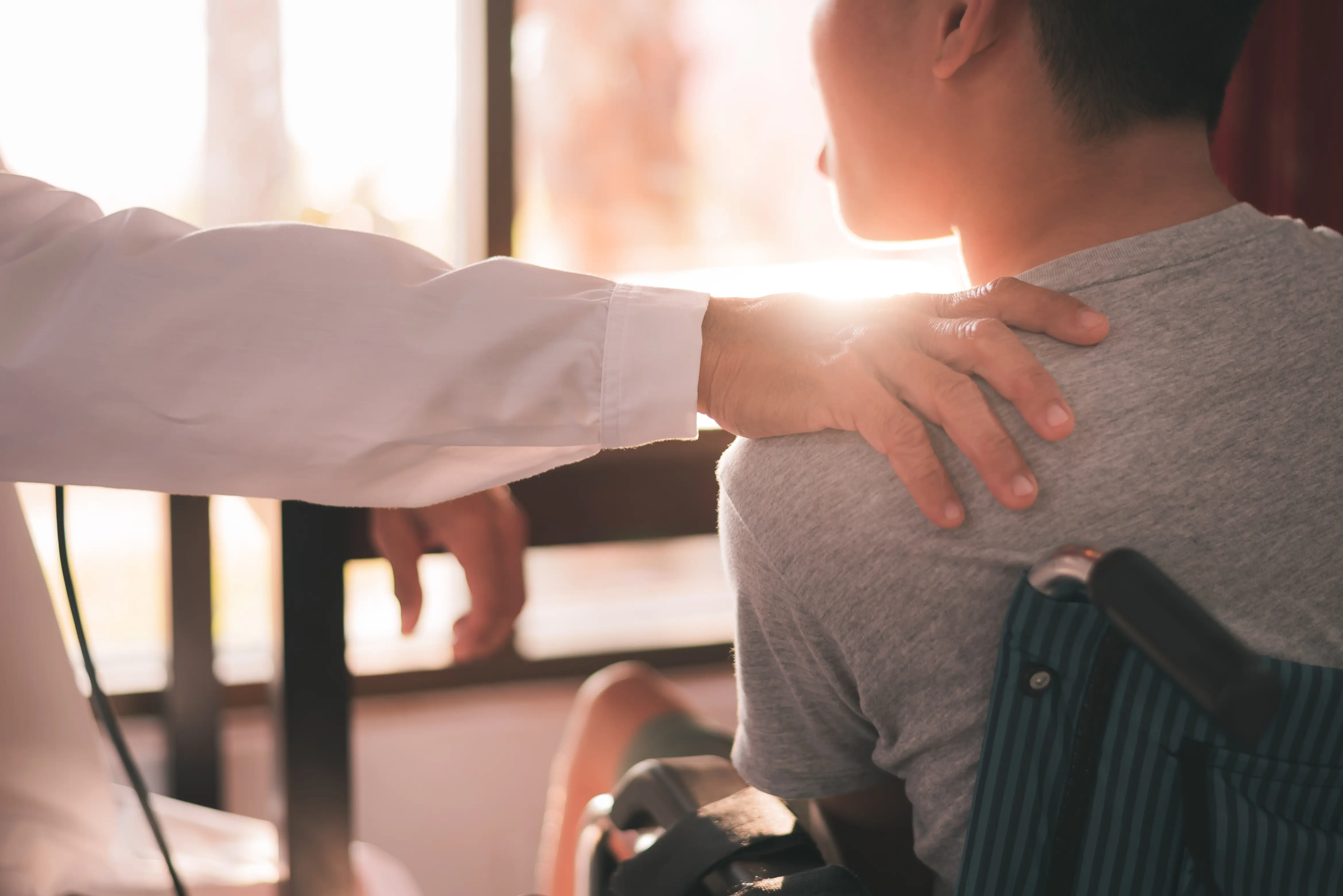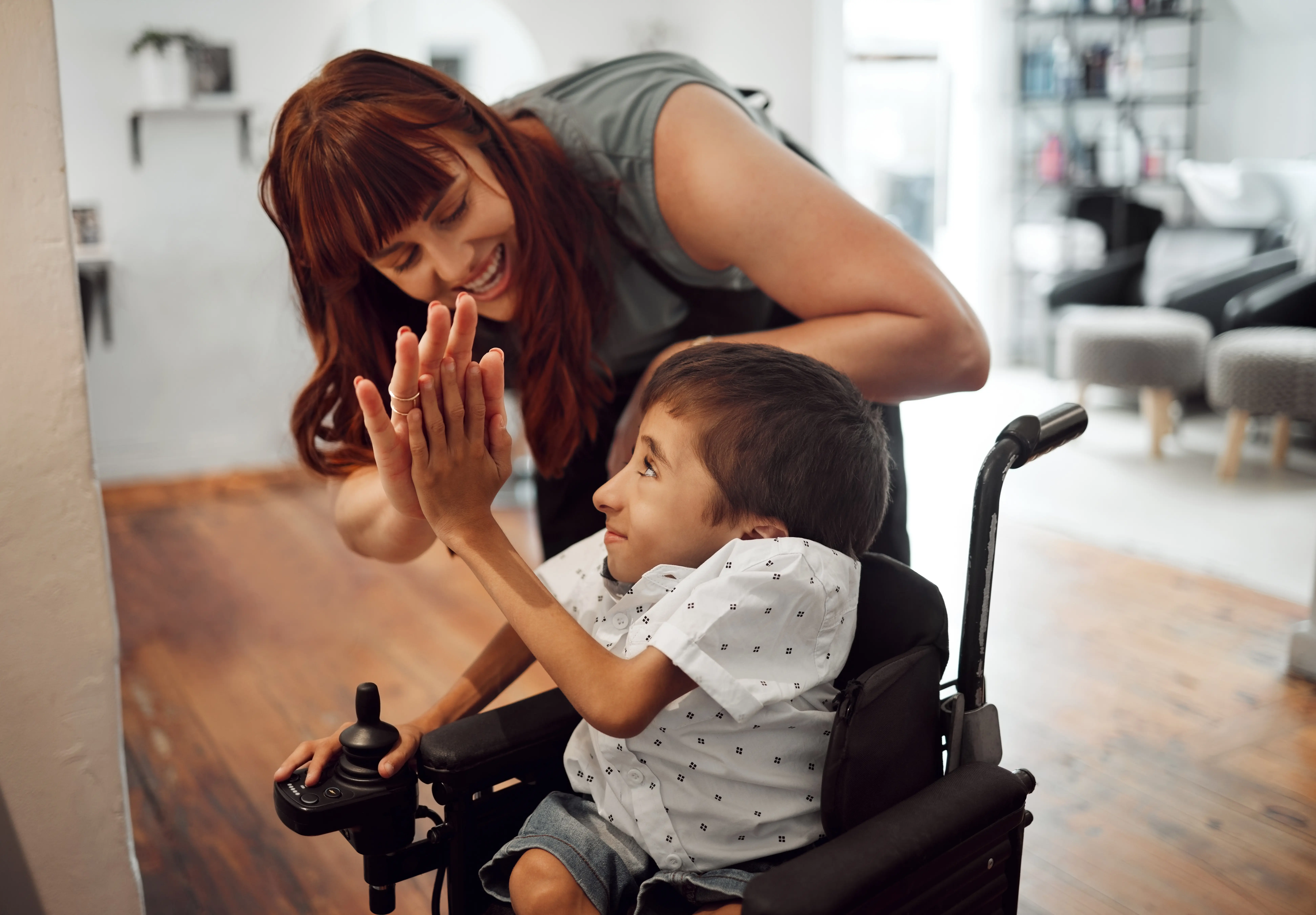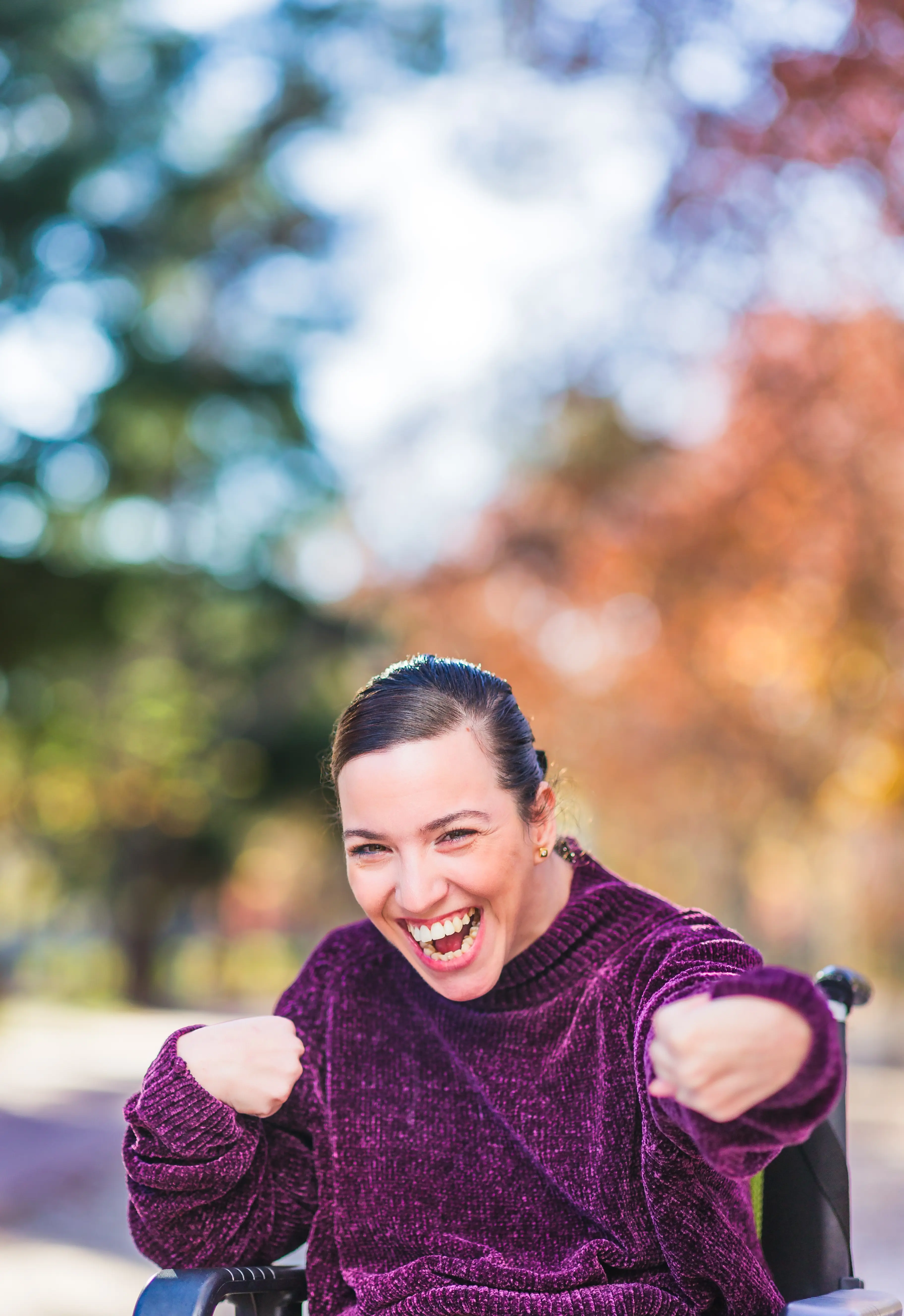
What is Cerebral palsy?
Cerebral palsy (CP) is a neurological condition that usually affects the way you move, maintain balance and posture. It is caused by the damage to the developing brain, either during the pregnancy or shortly after birth.
CP symptoms start early in childhood and can be different for each person.
- Exaggerated reflexes
- Floppy or stiff muscles
- Uncontrollable movements
- Irregular posture
- Unsteady walk
CP causes movement disorders by disrupting muscle movement control. It can affect nearby brain areas and their functions, but not consistently. A person having CP doesn’t necessarily mean they have an intellectual disability.

Exploring Ayurvedic Treatments for Cerebral Palsy in Kerala
Ayurveda offers numerous options for managing cerebral palsy, including internal medication and panchakarma therapies. The goal of CP treatment is to maximise functional capacity and competence that fits the patient's developmental stage. Treatments to lower vata, such as bahya-abhyanthara sneha (internal & external oleation therapy), vasthi (medicated enema), and therapies to nourish the brain, are necessary because the traditional symptoms of CP fall within the spectrum of vata vyadhi. Ayurveda can effectively treat medical conditions related to Cerebral Palsy such as tooth decay, drooling saliva, hearing loss, visual impairment, and speech difficulties. Apart from the treatments such as bahya abhyanthara sneha and vasthi, treatments such as sirodhara, siro pichu or siro vasthi are usually found to be helpful in sleep disorders, behavioral issues and together with the panchakarma treatments, they can lessen spasticity and also improve the quality of life.
Contact us for your queries regarding Ayurvedic treatment for Cerebral Palsy in Kerala.
Ayurvedic treatment for Cerebral Palsy uses therapeutic techniques to help children with their motor skills so they can live better, longer lives. The overall objective of the treatment method is to maximise the child’s potential for improved physical, mental, and social development as well as independence. The Ayurvedic treatment involves a multifaceted approach that includes nutrition, daily routine, herbal medicine consumption, and therapies that aim to heal ailments (doshas) at the systemic and cortex/brain levels. Resolving the metabolic imbalances (Pitta and Vata dosha) that cause these diseases simultaneously balances one’s metabolism and reduces sensory overload. This lessens spasticity and aids in the brain’s regeneration of new cells.
Patients with cerebral palsy may see a significant improvement in their quality of life while receiving Ayurvedic Panchakarma therapy when combined with the proper internal medication. It is a well-known fact that taking internal medicine, in addition to Panchakarma treatments, yields better results than taking oral medicine alone. Physiotherapy and Ayurvedic treatments are used in the treatment of cerebral palsy at Ayur Bethaniya Ayurveda Hospital. In addition to Abhyanga swedam, Nasyam, Pichu, Shirodhara, Pizhichil, Njavara or mamsakizhi, Vasti, and herbal decoctions, Ayurvedic treatments include a unique Panchakarma therapy programme. The severity of the condition will determine how long therapy takes, and repetitions are necessary to provide the affected child with long-term support along with substantial benefits. Make an appointment right now to learn more about the options for treating cerebral palsy.
Feel free to contact us for your queries regarding Ayurvedic treatment for Cerebral Palsy in Kerala.
Need to know about the ayurvedic treatment for Muscular Dystrophy and Alzheimer's disease


